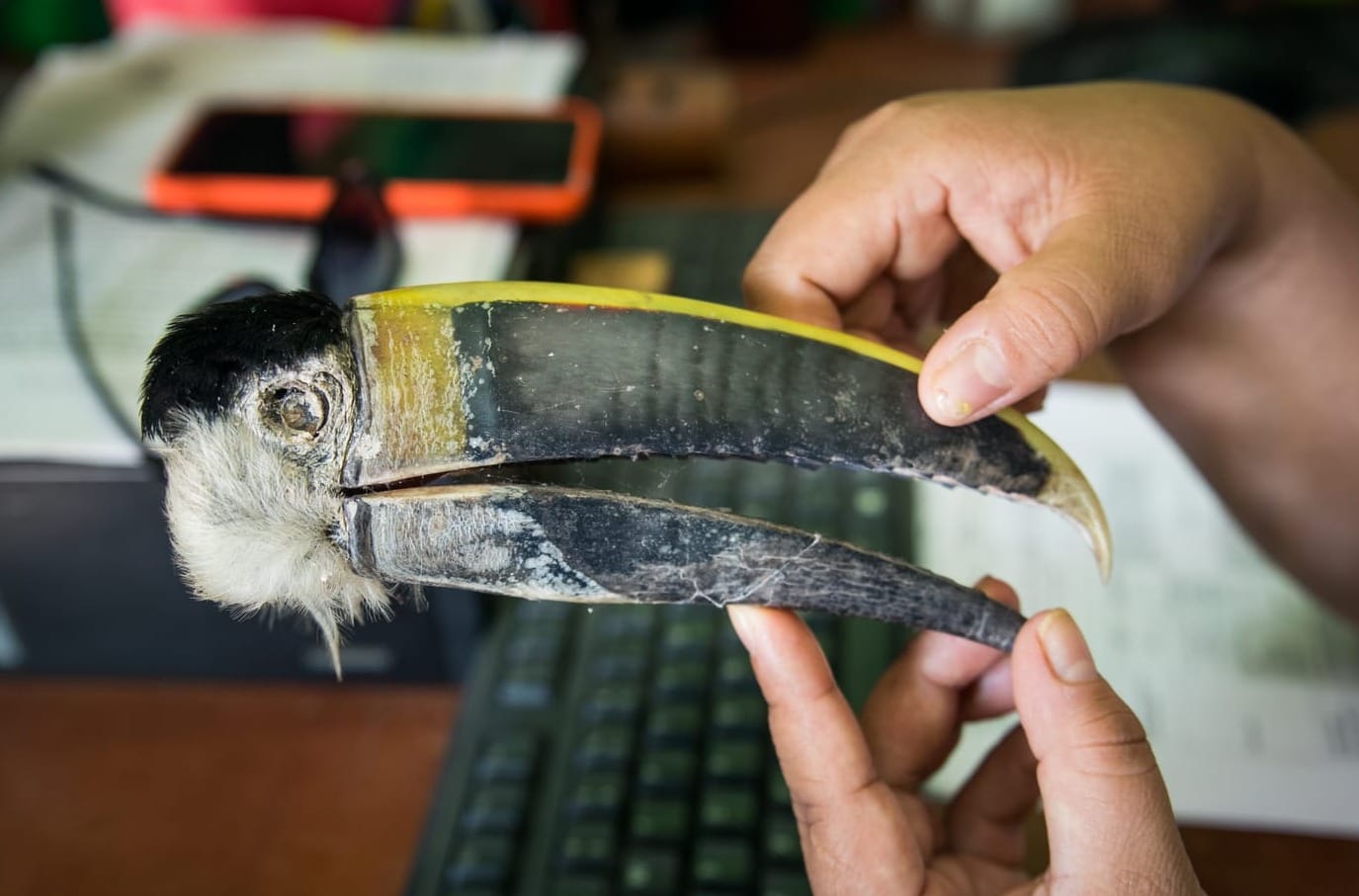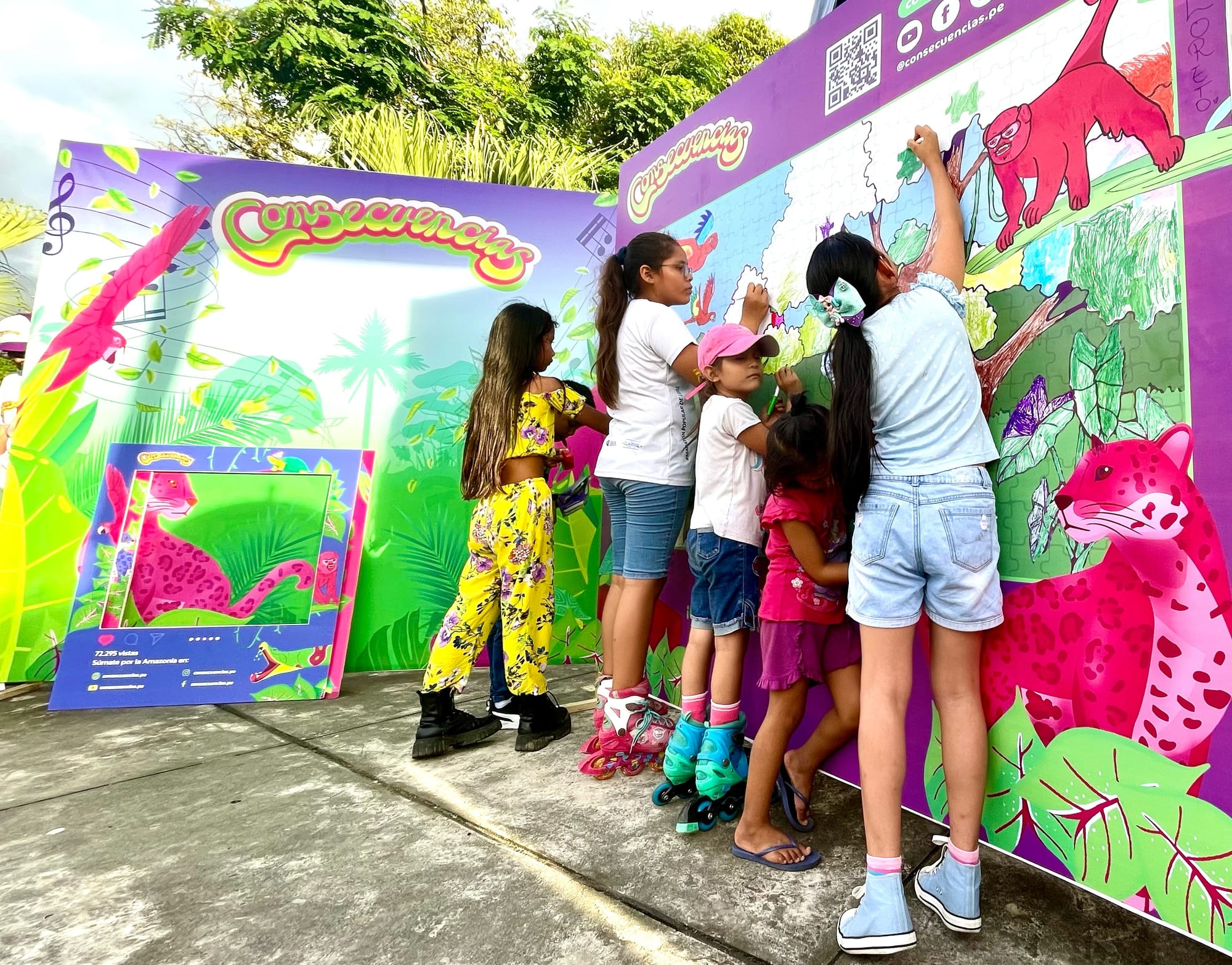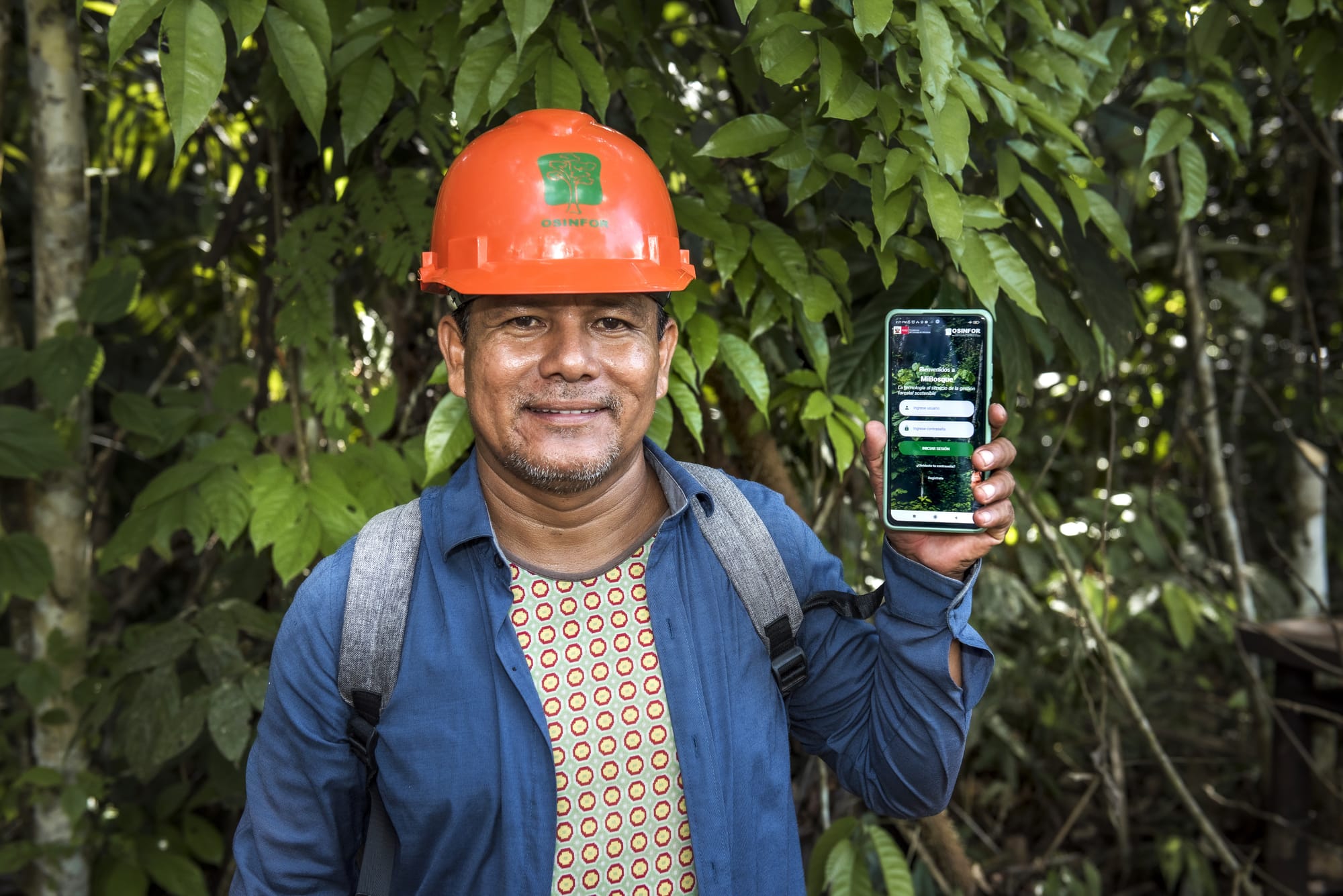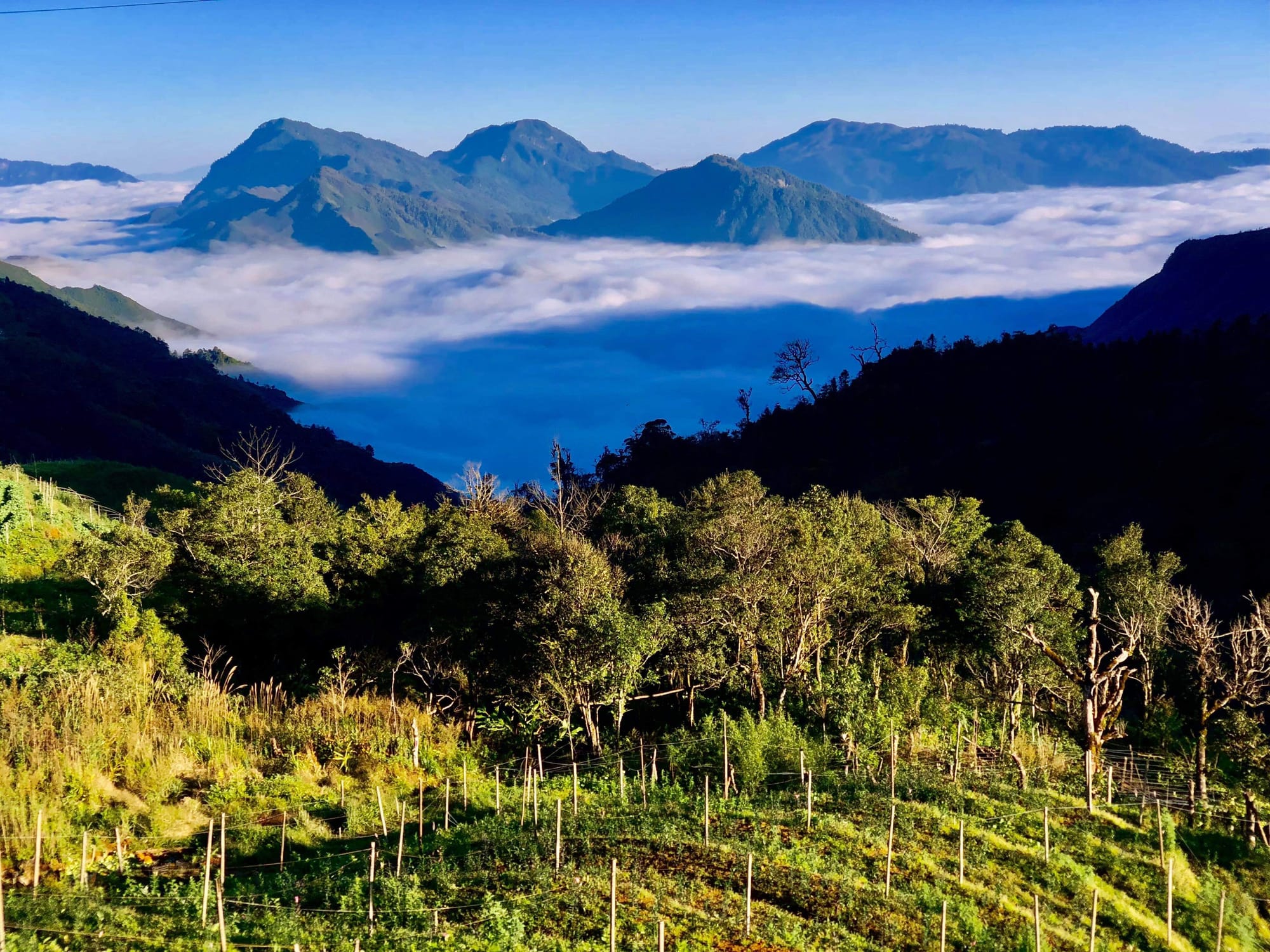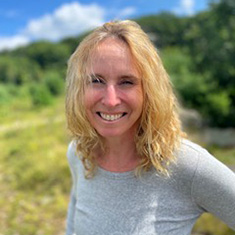Jaguar fangs, sloth paws, and caiman heads alternate between chicken legs, lemons, and fillets of fish recently caught in the waters of the nearby Amazon River. In the Belen market in Iquitos, Peru, wildlife trafficking has become routine. Live specimens and parts of approximately 200 animal species may be found among the daily produce. According to Peru’s National Forestry and Wildlife Service, more than 340 animal species are illegally traded yearly.
Belen is just one of many collection points in the transnational wildlife trafficking circuit now valued at $23 billion per year globally. Wildlife trafficking is, in turn, part of a broader set of organized crimes, including human trafficking, drug dealing, and money laundering.
Limited in terms of capacity and resources, Peruvian authorities lack the tools to address the illegal trade effectively, which requires tackling the entire wildlife trafficking chain—not focusing solely on intermediaries or final sellers. But from 2019 to 2024, a U.S. Agency for International Development (USAID) initiative has worked with Peru’s government, civil society, and private sector to turn the tide against trafficking and other threats to biodiversity.
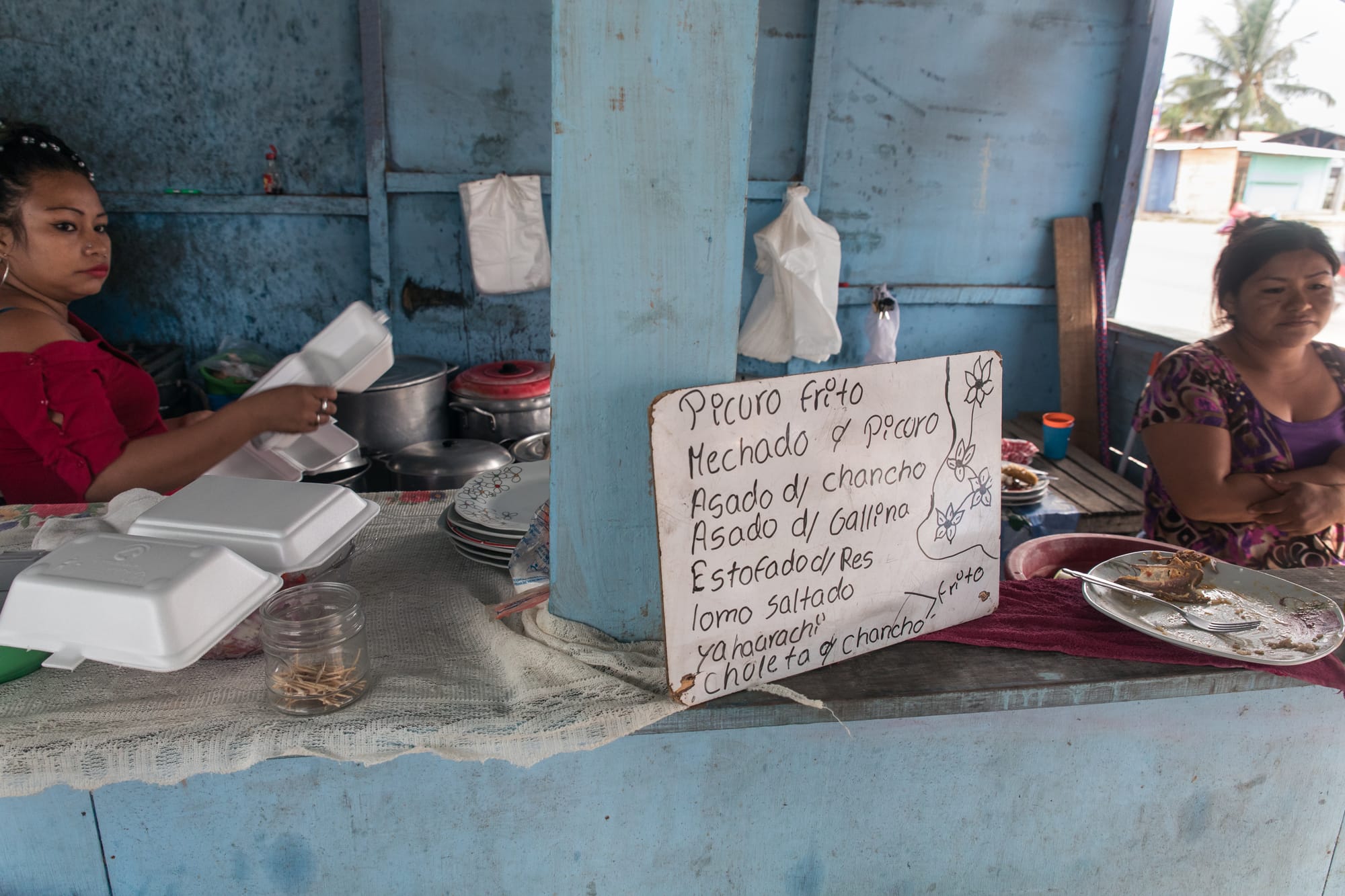
Implemented by DAI, USAID Prevent set out to combat environmental crimes, including illegal logging, mining, and wildlife trafficking; conserve the Peruvian Amazon; and ensure the well-being of its inhabitants—taking a comprehensive approach that strengthened the justice system, sought to protect environmental defenders, and led conservation awareness campaigns for citizens.
USAID Prevent equipped Peruvian government officials with tools to tackle the growing threat to biodiversity conservation and human health. The project team conducted extensive research, provided technical assistance to the national congress, and worked with the Ministries of Justice and the Environment to incorporate wildlife-related crimes under the Law Against Organized Crime, enabling prosecutors to scale their investigations and toughen proposed sanctions.
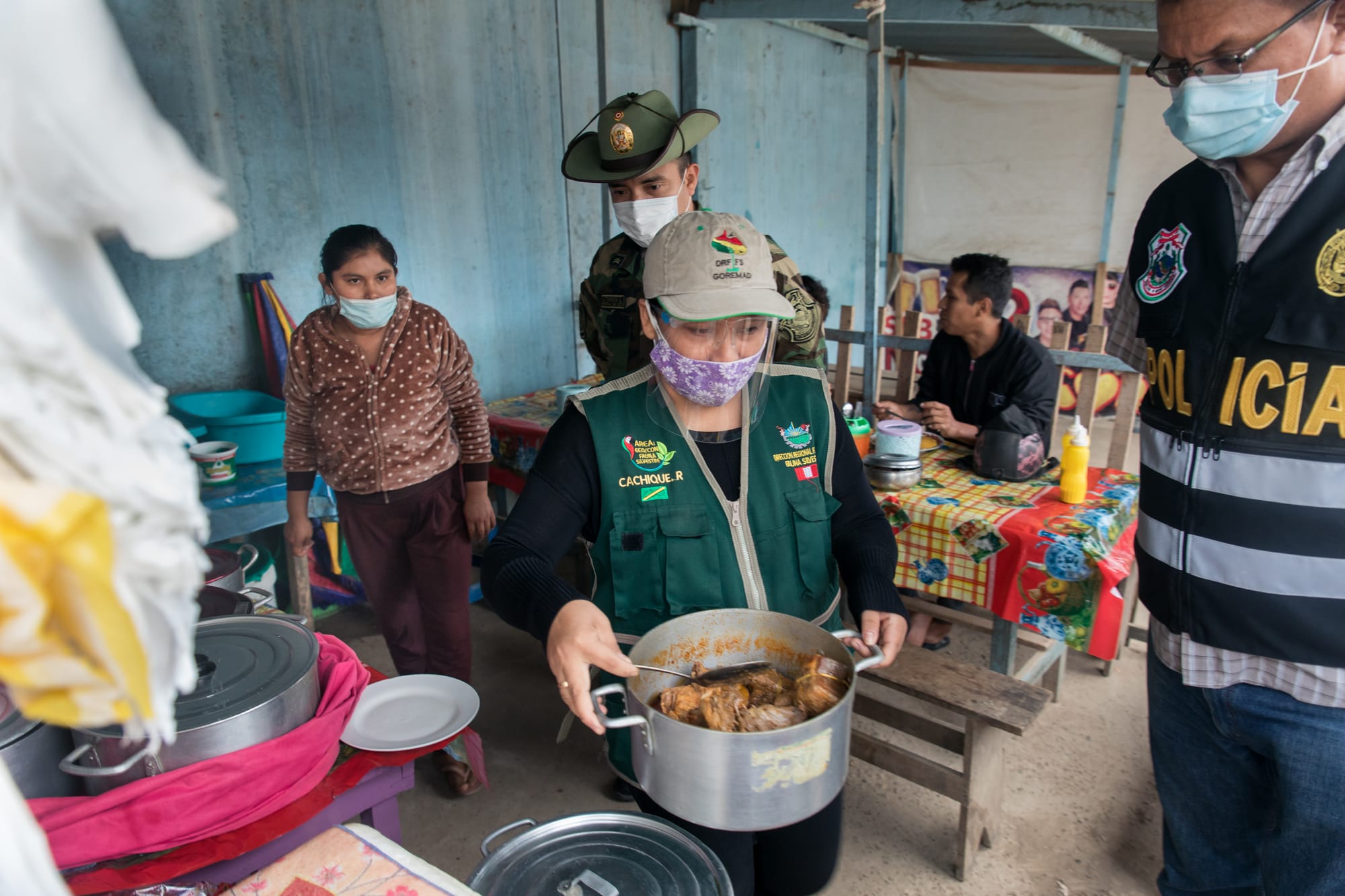
In June 2022, the Peruvian Congress unanimously passed a bill that, for the first time, enabled a South American country to prosecute wildlife traffickers using deterrent measures such as transborder cooperation, lifting of financial privacy, and communications surveillance. Prison sentences for wildlife crimes increased from five to 15 years. “With this regulation,” said Julio Guzmán, Public Attorney for the Ministry of the Environment, “Peru sends a strong message of concern for the future of its biodiversity.”
This achievement is just one of Prevent’s contributions to combatting environmental crimes. All told, the project provided technical assistance to introduce another 38 regulations to strengthen Peru’s environmental justice system at the national and local levels, including:
- The Executive branch’s first Commission for the Prevention and Reduction of Environmental Crimes, which provided a vital coordination body to lead government efforts in this area (with the Ministry of the Environment in charge of the technical secretariat),
- A bill to protect environmental rights defenders, and
- A bill to reduce mercury use in gold mining.
Building Institutional Capacities and Public Trust
A modern regulatory framework is critical to address environmental crimes. However, building public trust in institutions and deepening the knowledge and capacity of justice sector professionals is equally crucial in the long run. To this end, Prevent led a collaborative capacity-building strategy to engage prosecutors, judges, public officials, and future justice operators such as law students in environmental crime programs. Given COVID-19 restrictions, these efforts were initially online, but over time they increased in scope, diversity, and reach to include in-person and hands-on field activities.
Today, some 6,000 people—including justices of the peace, prosecutors, journalists, Indigenous communicators, and officials from more than 40 government agencies—are using the skills they learned and sharpened through Prevent to combat environmental crimes. Prevent implemented more than 30 capacity-building activities in collaboration with government agencies and leading universities. These programs included Massive Online Open Courses, available through public platforms and Moot courts, which use an inclusive approach to enable local and Indigenous law students to participate in simulated trials on environmental crimes and embrace their role in protecting the Peruvian Amazon.

Strengthening environmental justice is just one of Prevent’s multipronged approaches to preventing environmental crime. The project has implemented award-winning campaigns to raise public awareness and support through music and entertainment; introduced creative schemes to engage private partners who have invested more than $2 million for conservation initiatives; and developed technological solutions such as mobile apps and online platforms to streamline environmental crime alerts and empower local citizen monitoring networks. Prevent is proud of its lasting legacy to ensure a more sustainable Amazon for all.

